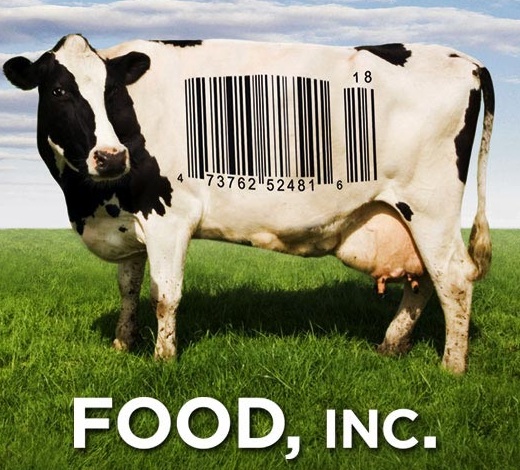Two weeks ago I went to see Food, Inc. with a couple of food safety colleagues. Reference to the documentary pops up daily on blogs and listservs — most remark on how it will change buying patterns, it’s the modern-day version of The Jungle, and is a wake-up call to consumers about food.
I just don’t see it.
What I got out of the Food, Inc. experience (beyond some pretty decent popcorn) is that the food system is complex and that there are multiple influences — including business.
The documentary jumped around from issue to issue: chicken production is inhumane; food is controlled by corporations, corporations want to hide what they do from you; cheap food is bad for you; cheap food is unsafe; food could be produced more sustainably; corn is bad; corn is controlled by corporations; Monsanto is evil, etc.
It all spun out of control, concepts were oversimplified (like pathogenic E. coli appeared out of nowhere because of corn-fed beef and buying organic food is the way to go — but it also all comes from the big, controlling corporations, so maybe don’t buy it) and it left me empty at the end.
I guess I’m getting tired of the polarized representation of food issues, without the discussion of trade-offs or presentation of data.
The food safety story that was woven throughout the movie was of Kevin Kowalcyk, a 2-year-old boy who tragically died from an E. coli O157 infection linked to recalled ground beef. The horrible story needs to be told but the connection that was made to the other vignettes was tenuous. Kevin’s story deserves a movie all its own.
There were winners (Walmart looked great to me, especially around their frank discussion of organic foods) and losers (big chicken producers Tyson and Perdue who reportedly didn’t participate in the documentary). Being part of the documentary was a great opportunity for the big players to open up their doors and tell their stories.
Flashing text at the end of the movie spelled out the main message for those who weren’t following along: food buyers have choices. This definitely fits in with a lot of what we’ve written about, and isn’t new — encourage individuals to ask questions about where their food comes from (what conditions it is grown under , what the producer/retailer/cook/server knows about food safety). Demanding labels (as was mentioned) isn’t nearly enough — we should be provided with data and a chance to make an informed choice.
